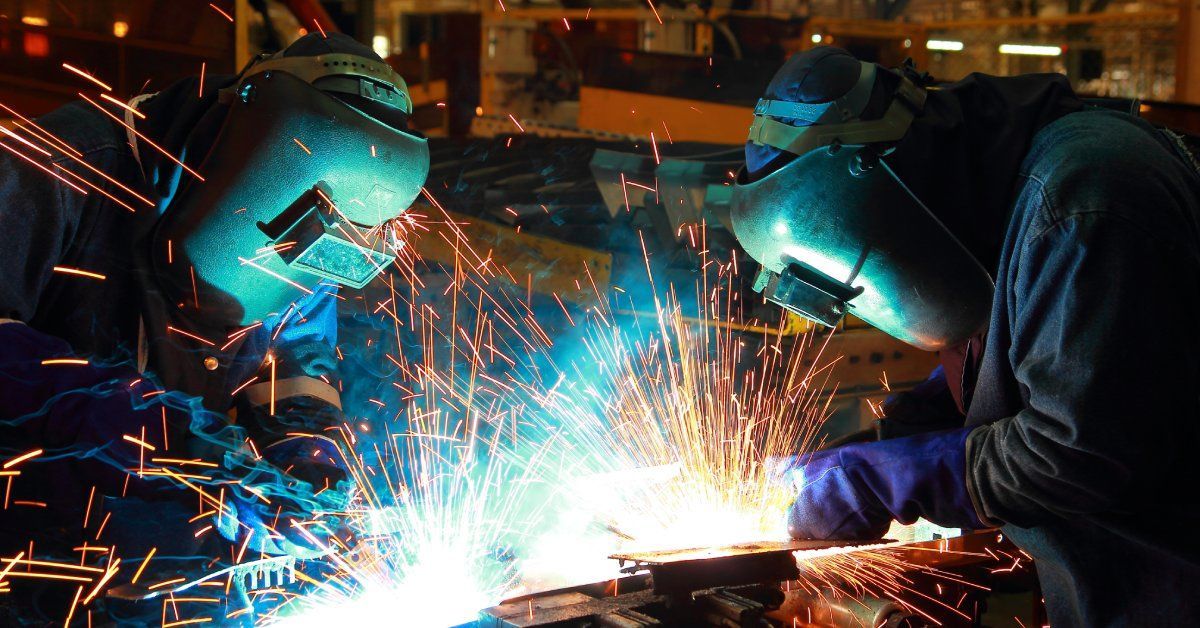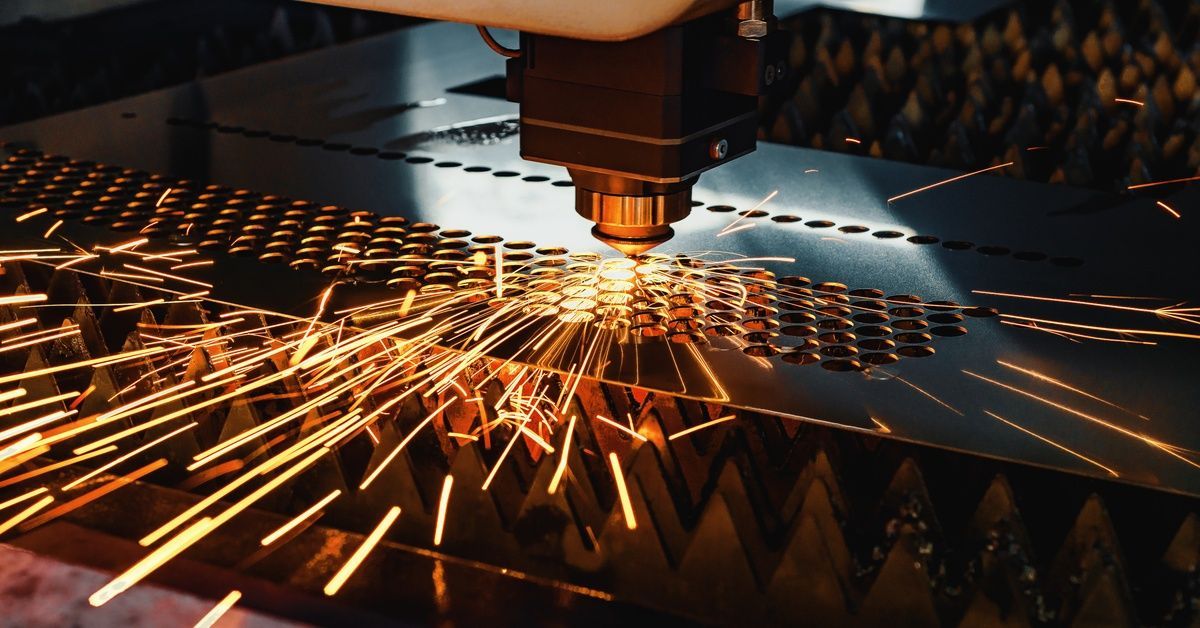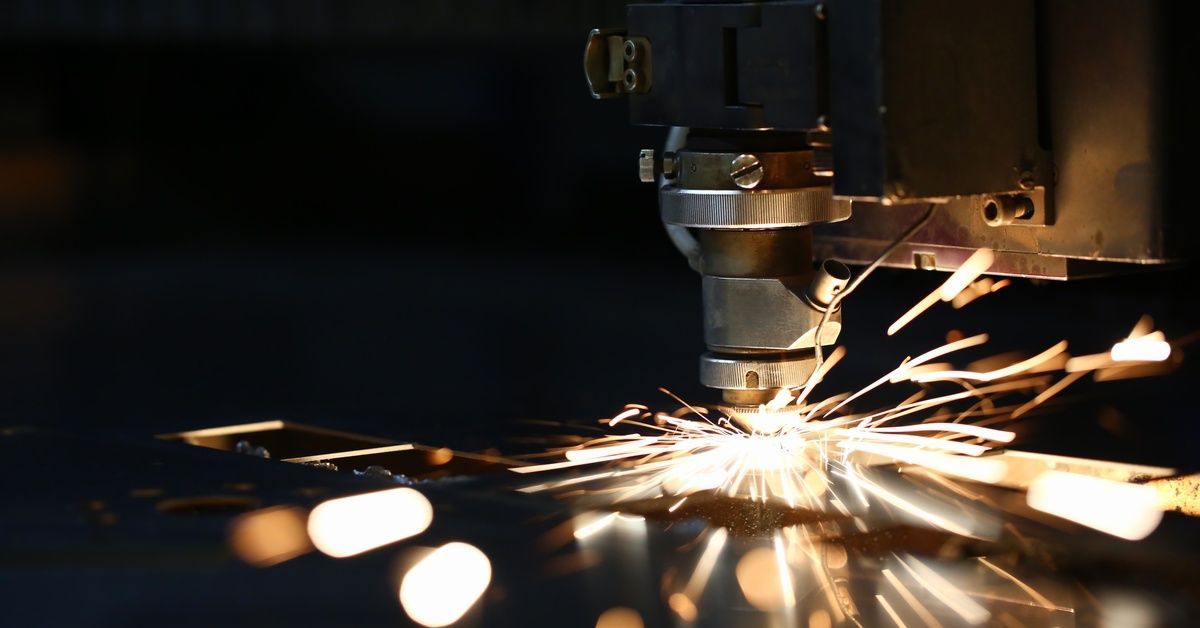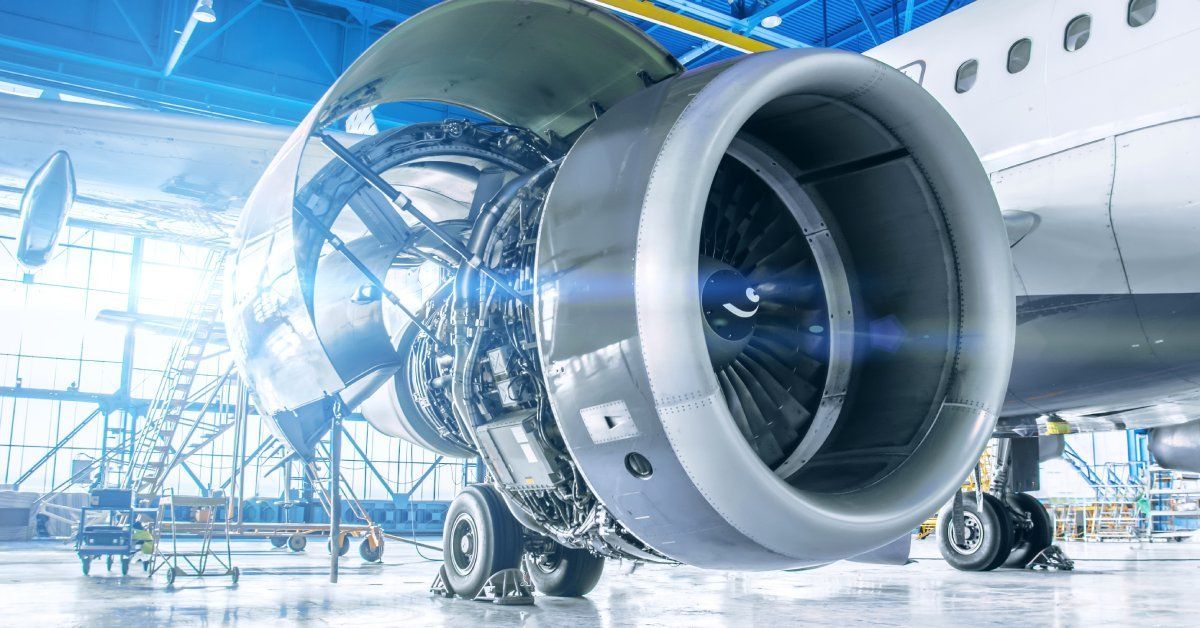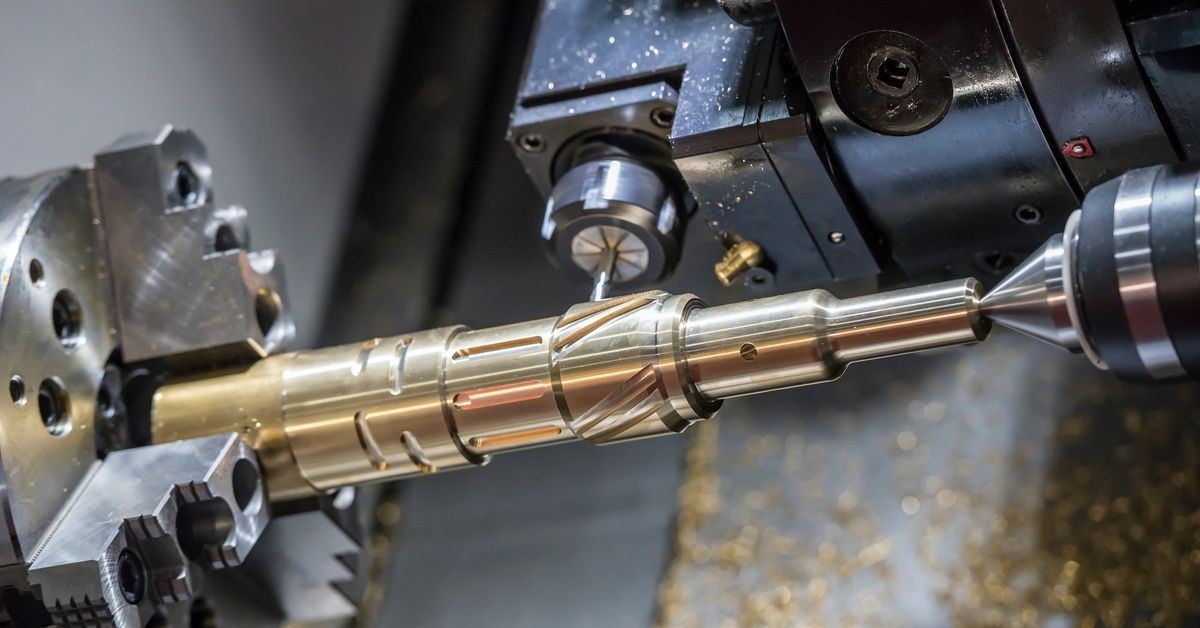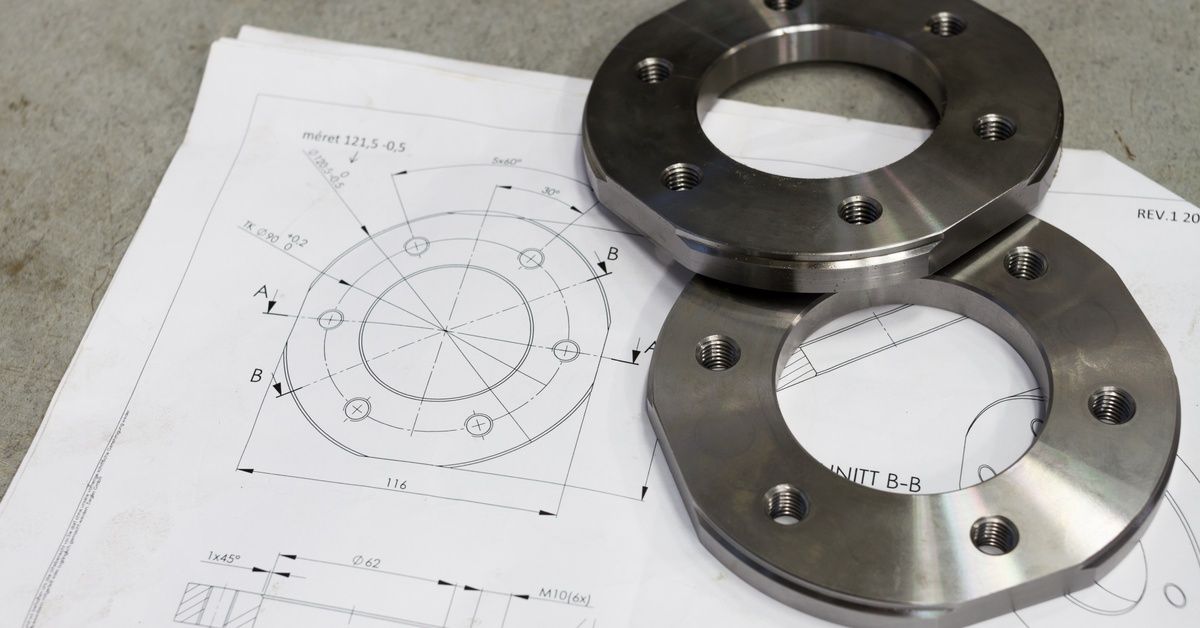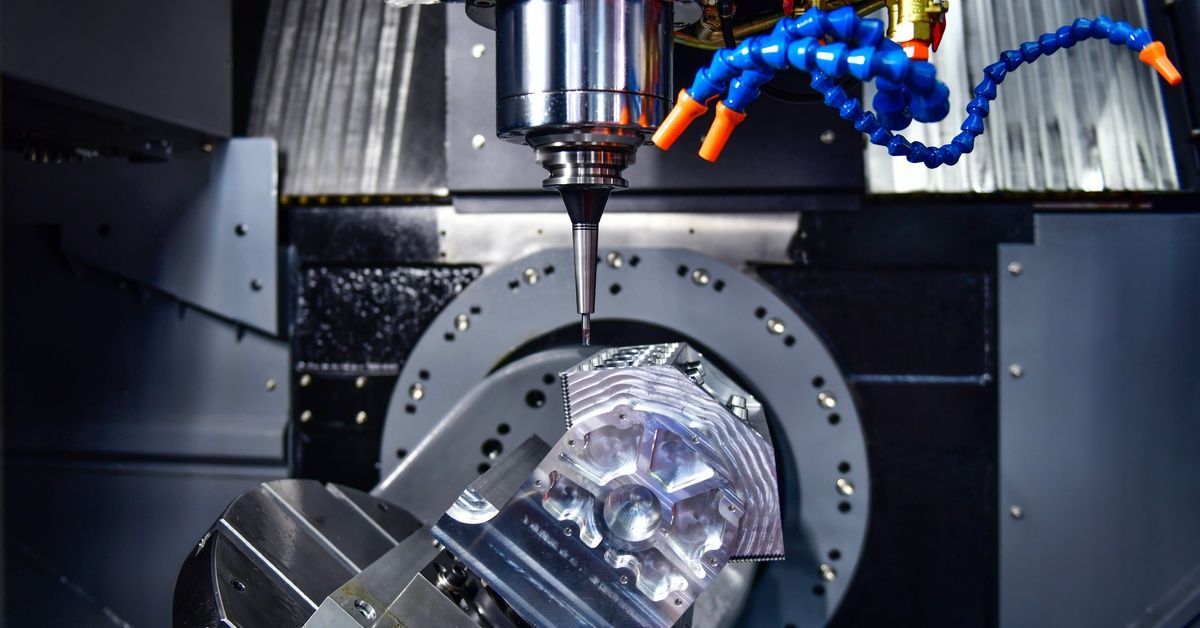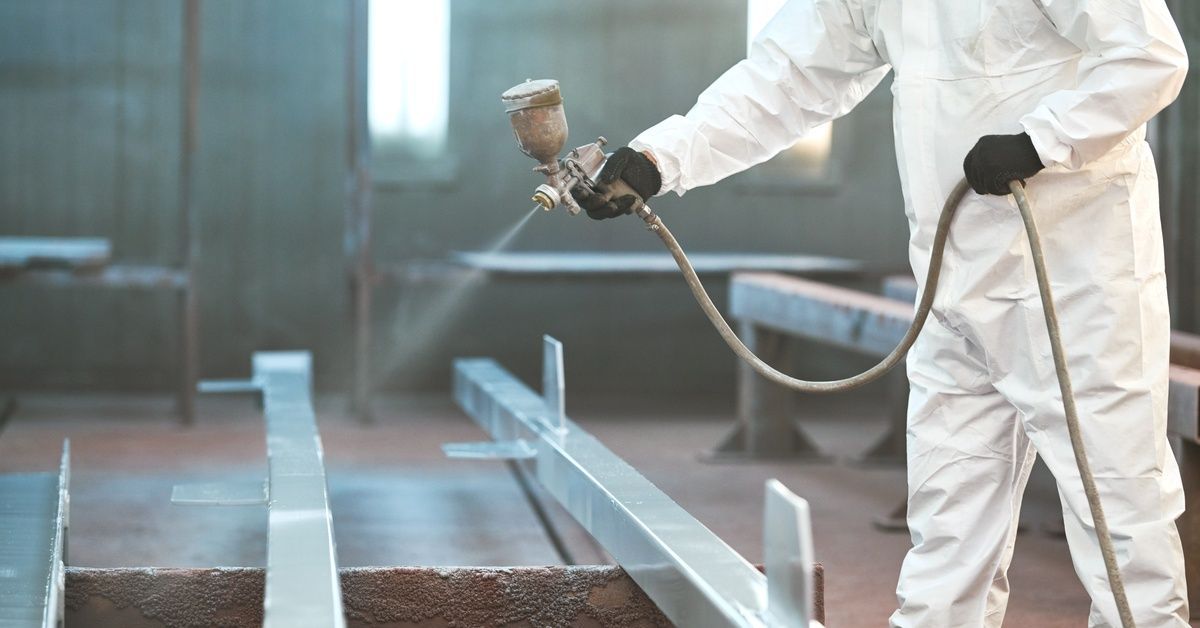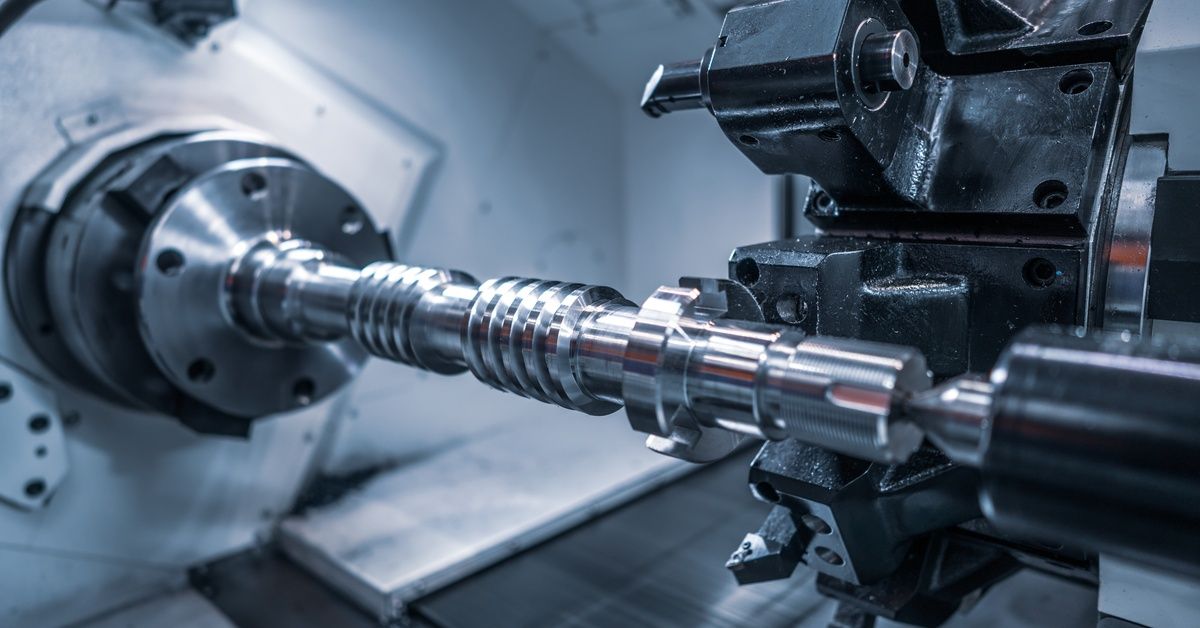How CNC Machining Is Revolutionizing Manufacturing
In modern manufacturing, staying ahead of the curve is a sure path to success. That’s where CNC (computer numerical control) machining steps in, offering innovation and efficiency where it’s needed most.
For individuals, small businesses, and industrial giants, CNC machining has transformed the landscape, making production faster, more accurate, and more cost effective. But what exactly is it, and why is it making such a significant impact? Here’s how CNC machining is revolutionizing manufacturing, giving decision-makers and stakeholders a clear picture of its advantages.
What Is CNC Machining?
CNC machining is an automated machine tool that uses a computer to run pre-programmed sequences of machine control commands. This process replaces manual control with an automated system, allowing for intricate designs and precision that were once unimaginable. Today, industries across the globe are increasingly relying on CNC machining to meet the demands of their rapidly evolving markets.
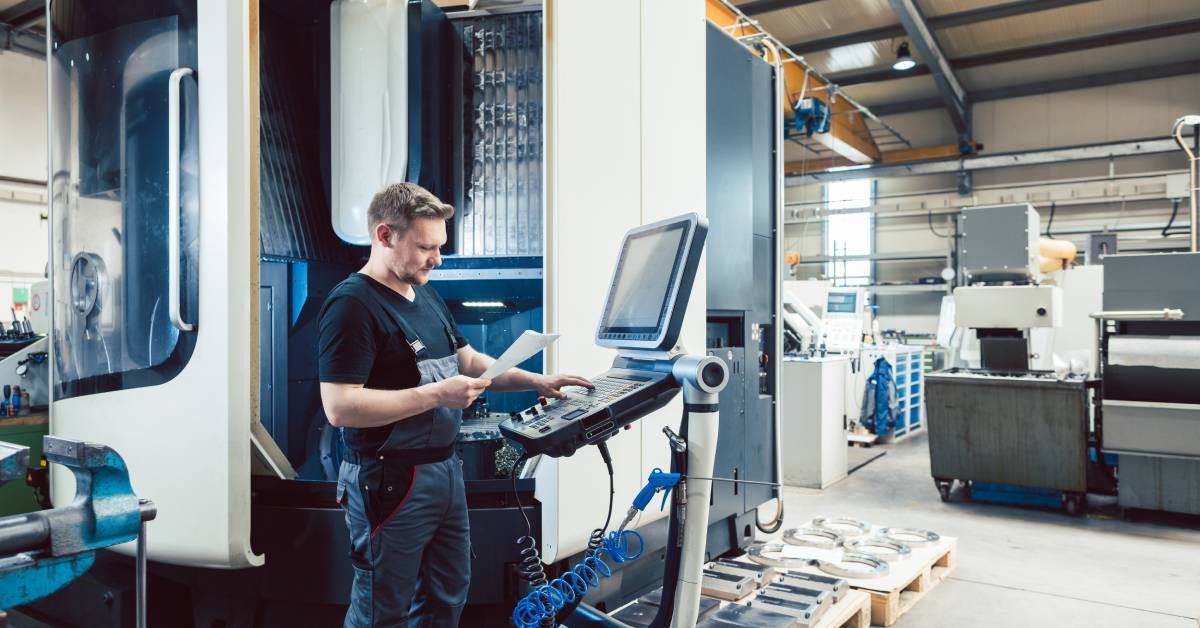
Efficiency and Precision
One of the biggest advantages of CNC machining is its unparalleled efficiency and precision.
Better Accuracy
CNC machines operate with a level of accuracy that far surpasses traditional manual machining methods. CNC machines follow precise digital designs, ensuring that each product is manufactured to exact specifications without deviation. This consistency enhances product quality while reducing the amount of time it takes to rework ideas, saving both time and resources.
Increased Speed
The speed of CNC machining is another critical factor that sets it apart. With the ability to run continuously, CNC machines can produce parts at a much faster rate than manual processes. This continuous operation allows manufacturers to meet tight deadlines and increase overall productivity without compromising on quality. Furthermore, CNC machines can handle complex tasks simultaneously, further boosting production capabilities.
Greater Flexibility
In addition to speed and precision, CNC machining also offers flexibility in production. Manufacturers can quickly switch from one product to another by simply changing the digital design file, reducing downtime and increasing operational efficiency. This adaptability is particularly beneficial in industries where demand can fluctuate rapidly, allowing companies to stay competitive and responsive to market needs.
Versatility in Material Use
CNC machining is celebrated for its versatility in handling a wide range of materials.
Innovative Possibilities
Unlike traditional manufacturing methods, CNC machines can work with diverse materials such as metals, plastics, wood, ceramics, and even composites. This capability opens up endless possibilities for manufacturers looking to create innovative products across different industries.
Versatility and Experimentation
One of the key benefits of this versatility is the ability to experiment with new materials and designs. Manufacturers can test prototypes and refine products without the constraint of material limitations. This freedom encourages innovation and helps bring cutting-edge products to market faster. Additionally, CNC machining allows for seamless integration of multiple materials within a single product, adding to the functionality and aesthetic appeal of the final output.
Adaptability Across Sectors
The adaptability of CNC machines also means that they can be used in various sectors, from automotive and aerospace to consumer electronics and medical devices. Each industry has unique requirements, and CNC machining's ability to accommodate different materials makes it a preferred choice for manufacturing diverse products. This versatility ensures that CNC machining remains relevant and valuable across a broad spectrum of applications.
Achieving Cost Savings
CNC machining is not only efficient and versatile but also highly cost-effective.
Minimizing Waste
One of the primary ways it reduces costs is by minimizing waste. Precision machining ensures that materials are used optimally, reducing scrap and lowering material costs. This efficiency is especially critical when working with expensive materials where waste can significantly impact the bottom line.
Streamlining Processes
Additionally, CNC machining streamlines production processes, leading to significant labor savings. By automating repetitive tasks, manufacturers can reduce their reliance on manual labor, lowering labor costs and minimizing human error. This automation also allows employees to focus on more strategic tasks, enhancing overall productivity and operational effectiveness.
Consistency and Reliability
Another cost-saving advantage of CNC machining is its ability to produce high-quality products consistently. This reliability reduces the need for rework and rectification, cutting down on additional expenses. Furthermore, the longevity and durability of CNC-machined parts mean fewer replacements and repairs, ultimately contributing to long-term savings for manufacturers.
Reducing Human Error and Labor
In traditional manufacturing environments, human error is a considerable concern that can lead to costly mistakes and inconsistencies.
Automated Systems
CNC machining addresses this issue by replacing manual operations with automated systems that execute precise instructions. This automation eliminates the variability associated with human intervention, resulting in consistent, high-quality products.
Quality Assurance
The reduction in human error translates to fewer defects and higher customer satisfaction. With the assurance of quality, manufacturers can build stronger relationships with customers and establish a reputation for reliability in their industry. Additionally, the consistent output provided by CNC machining helps companies maintain compliance with stringent quality standards and regulations.
Optimized Workforce
Beyond reducing errors, CNC machining also decreases the need for extensive manual labor. Automated systems handle complex tasks that would typically require skilled operators, allowing businesses to optimize their workforce and focus on core competencies. This shift not only improves operational efficiency but also enables companies to allocate resources more effectively, driving growth and innovation.
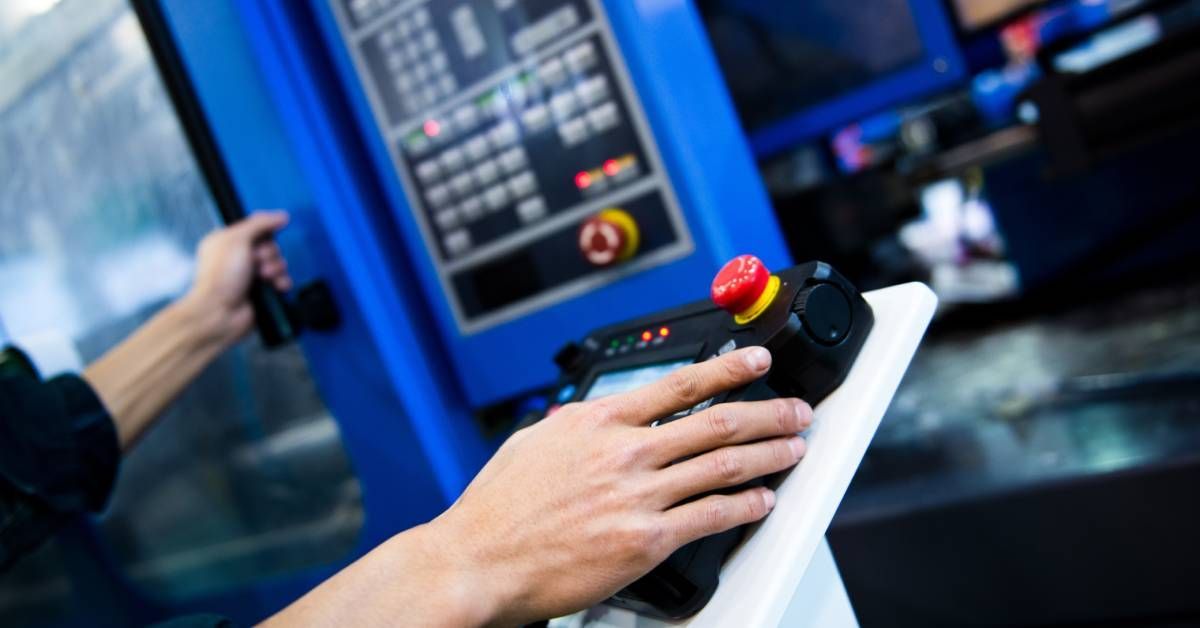
Complex Designs and Prototyping
One of the standout features of CNC machining is its capability to produce complex designs with ease.
Advanced Tooling
Traditional manufacturing methods often struggle with intricate geometries and detailed components, but CNC machines excel in this area. With advanced software and precise tooling, CNC machining can create intricate shapes and detailed features that meet the most demanding specifications.
Rapid Prototyping
This capability is particularly valuable in industries that require rapid prototyping. Designers and engineers can quickly produce prototypes to test form, fit, and function without committing to full-scale production. This agility allows for faster iteration and refinement, leading to better product designs and reduced time-to-market.
Customization and Personalization
CNC machining's ability to handle complex designs also facilitates customization and personalization. Manufacturers can cater to specific customer needs by offering tailored solutions, enhancing customer satisfaction and brand loyalty. This flexibility makes CNC machining an ideal choice for businesses seeking to differentiate themselves in competitive markets.
The Future of Manufacturing
Looking ahead, CNC machining will continue to push the boundaries of what's possible in manufacturing. From mass customization to additive manufacturing, CNC technology will be at the forefront of innovation, enabling companies to stay competitive and deliver exceptional value to their customers. As industries continue to evolve, CNC machining will play a crucial role in shaping production processes and driving innovation.
With advancements in AI, machine learning, and IoT, CNC machines are becoming smarter and more interconnected, paving the way for Industry 4.0. The integration of CNC machining with digital technologies will enable predictive maintenance, real-time monitoring, and enhanced data analytics. These capabilities will empower manufacturers to make informed decisions, optimize operations, and improve overall efficiency. The result is a more agile and responsive manufacturing ecosystem that can adapt to changing market demands.
Driving Innovation and Delivering Value
CNC machining is undeniably revolutionizing the manufacturing landscape, offering unparalleled efficiency, precision, and versatility. Because of these advancements, it’s become a valuable asset for industries worldwide. As we move forward, CNC machining will continue to shape the future of manufacturing, driving innovation and delivering exceptional value to businesses and consumers alike.
Are you ready to take your manufacturing process to the next level? At H&H Machine Service, we understand the process inside and out. Our custom CNC machining services will help you stay competitive, no matter what your business model looks like. With us as a partner, you can harness the power of CNC technology and stay ahead in the competitive manufacturing landscape.

